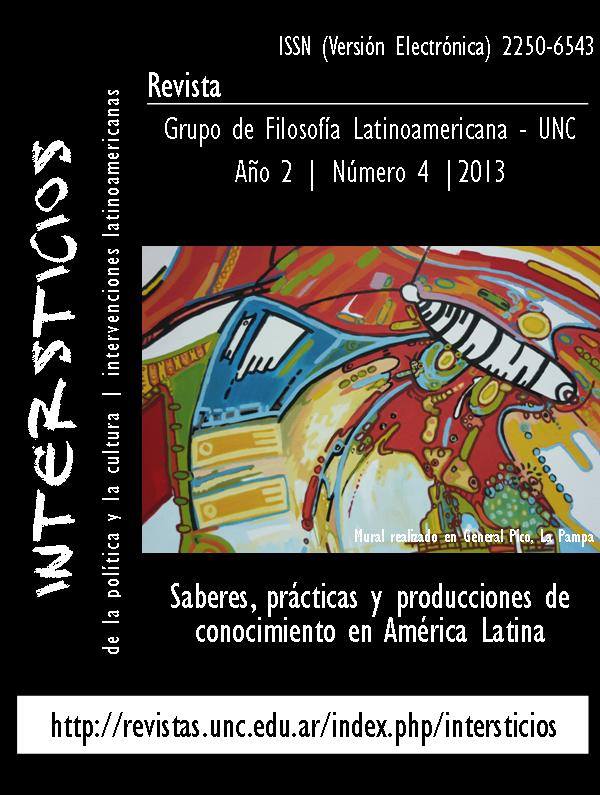Cómo desaparecer completamente: un Bildungsroman pop
Abstract
Resumen:
El presente trabajo analiza el Bildungsroman (novela de aprendizaje o formación) de la escritora Mariana Enriquez Cómo desaparecer completamente. El análisis es, por una parte, una exploración de cómo esta obra utiliza referencias de la cultura de masas, especialmente las que provienen del rock, para apuntalar el proceso de Bildung (formación) del protagonista. Si bien, por otra parte, la novela trata sobre los dramas que se generan en las villas miseria, inscribiendo esta novela dentro de la tradición del Bildungsroman potencia las posibilidades de lectura, pues esta novela también se puede leer como una crítica del fracaso de la modernidad en su fase capitalista. El análisis mostrará cómo el protagonista, Matías Kovac, madura con el desarrollo de la trama y cómo los elementos culturales (la música y la cultural del rock) no sólo aportan a la evolución del personaje central, sino también cómo los mismos señalan la preponderancia de una cultura de mercado que, por suerte, no triunfa, como lo ejemplifica el protagonista, ante la realidad implícita en los mismos objetos que produce.
Palabras clave: Modernidad capitalista, Bildungsroman, Cultura de masas
Abstract:
The present paper analyses the Bildungsroman (novel of apprenticeship or formation) by Mariana Enriquez Cómo desaparecer completamente. The analysis is, on the one hand, an exploration of how the work utilizes references from mass culture, especially those that belong to the world of rock, to support the protagonist’s Bildung (formation) process. Though, on the other hand, the novel is about the dramas that get played out in the villas miseria, inscribing this novel within the tradition of the Bildungsroman lends it more possibilities of interpretation. This novel can be read precisely as a critique of the failure of modernity in its capitalist phase. The analysis will show how the protagonist, Matías Kovac, matures along with the development of the plot and how cultural elements (rock music and culture) do not only contribute to the main character’s evolution but also point to the preponderance of a market culture that, fortunately, cannot claim absolute victory, as exemplified in the protagonist, before a reality implicit in the same objects it produces.
Key words: Capitalist modernity, Bildungsroman, Mass culture
Downloads
Downloads
Published
Issue
Section
License
Authors who have publications with this journal agree to the following terms:
a. Authors will retain their copyright and grant the journal the right of first publication of their work, which will simultaneously be subject to the Creative Commons Attribution License that allows third parties to share the work as long as its author and first publication in this journal are indicated.
b. Authors may adopt other non-exclusive license agreements for distribution of the published version of the work (e.g., deposit it in an institutional telematic archive or publish it in a monographic volume) as long as the initial publication in this journal is indicated.
c. Authors are allowed and encouraged to disseminate their work through the Internet (e.g., in institutional telematic archives or on their web page) after the publication process, which may produce interesting exchanges and increase citations of the published work (see The effect of open access).


